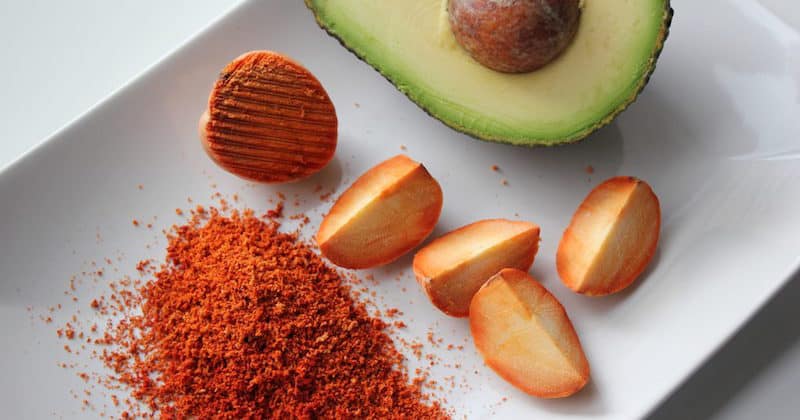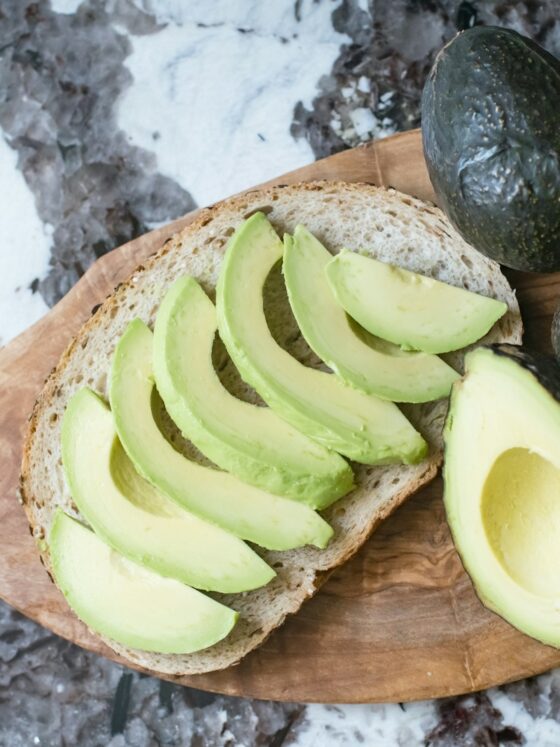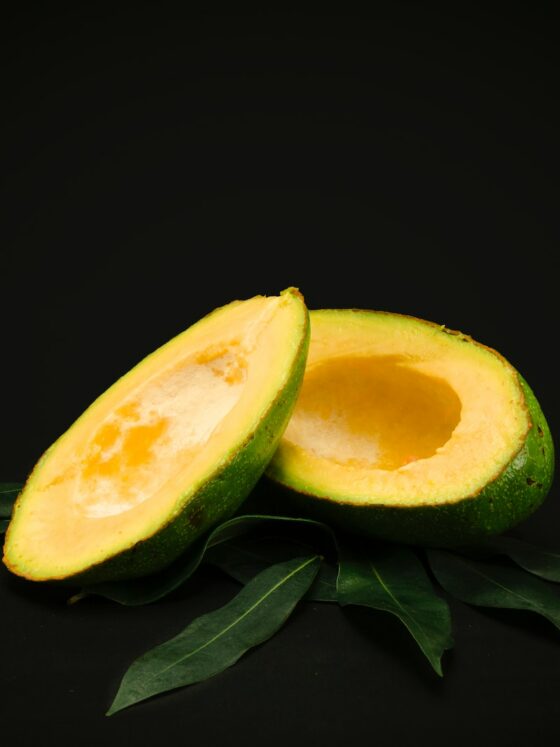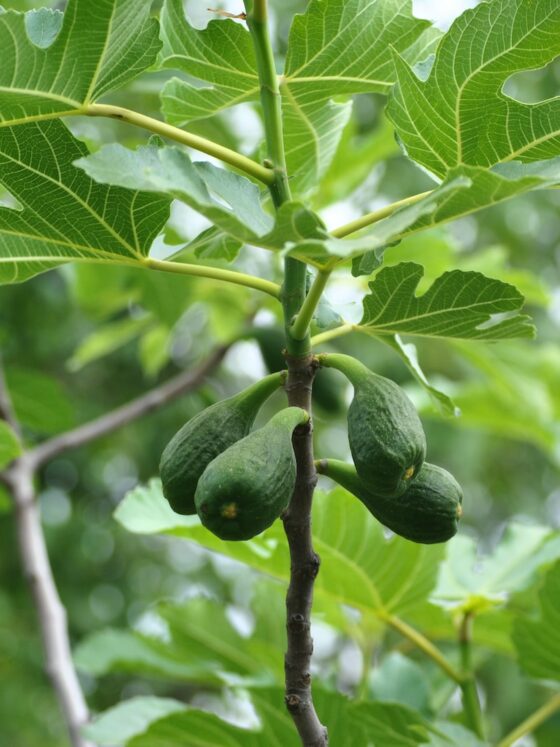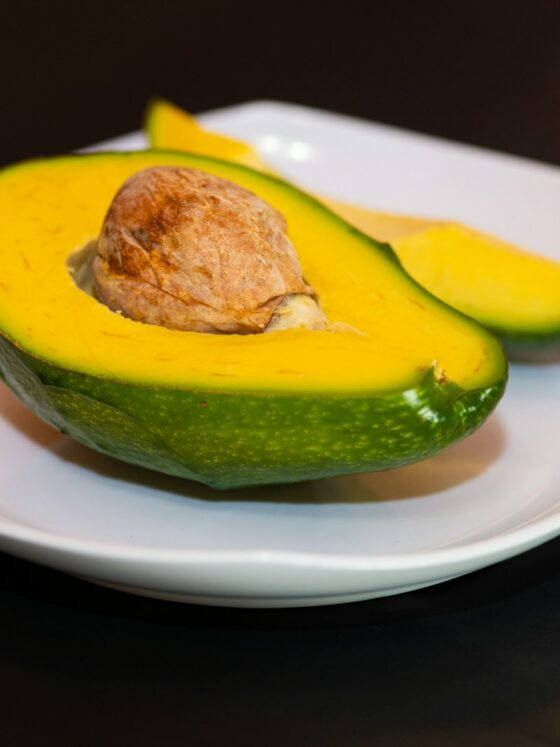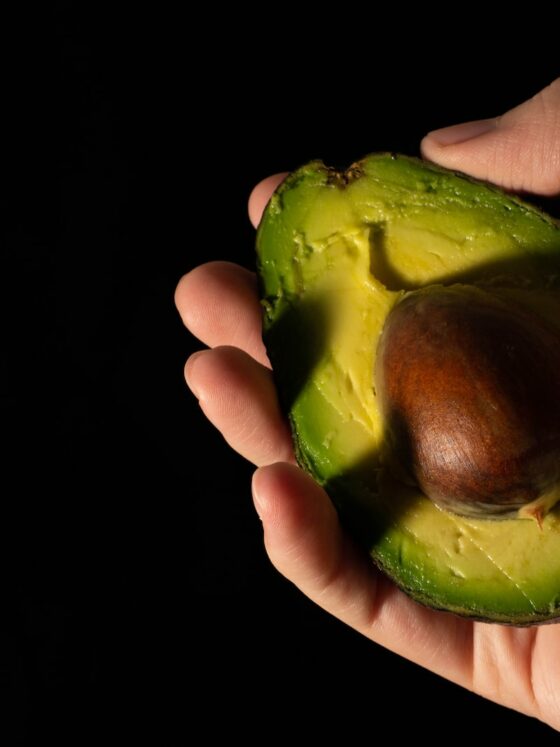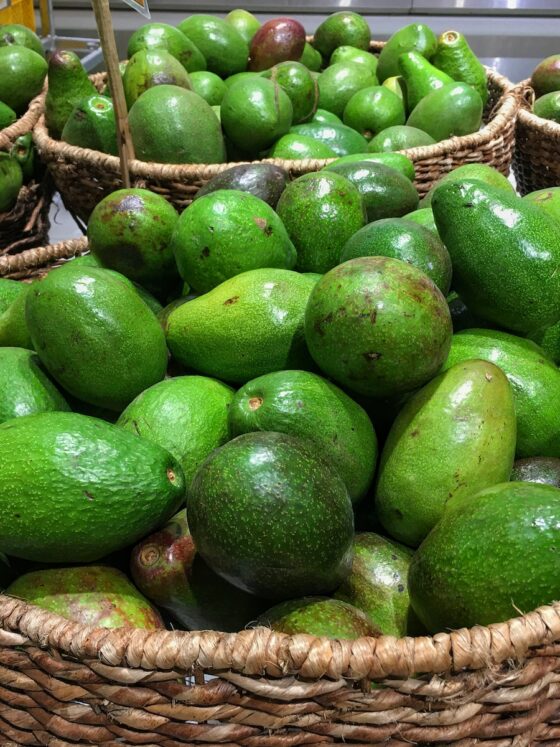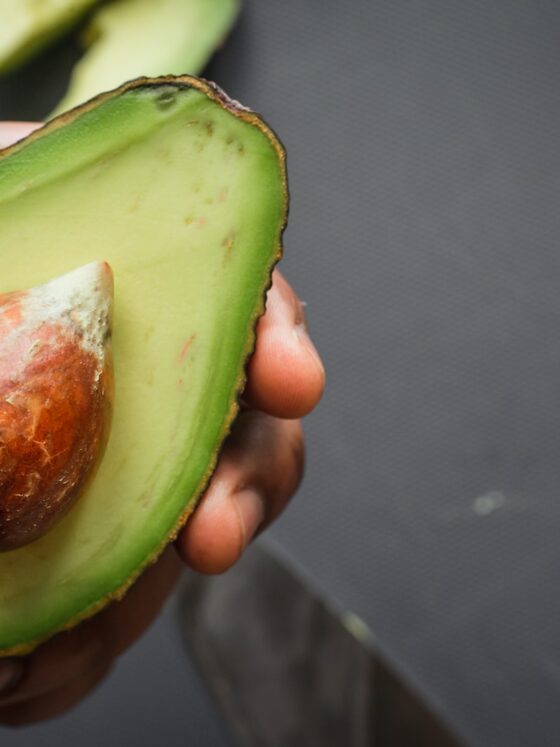Cracking open a fresh avocado and getting the pit out of it by chopping down on it with my knife and pulling it out of its cocoon of tasty avocado fruit got me thinking.
This black pit uses up a big portion of this fruit. Since I just throw it into the composter it means that the seed is just wasted space that could be filled with delicious avocado instead. Facing this little problem, the first thing that came to my mind is – Why not just eat the seed too?
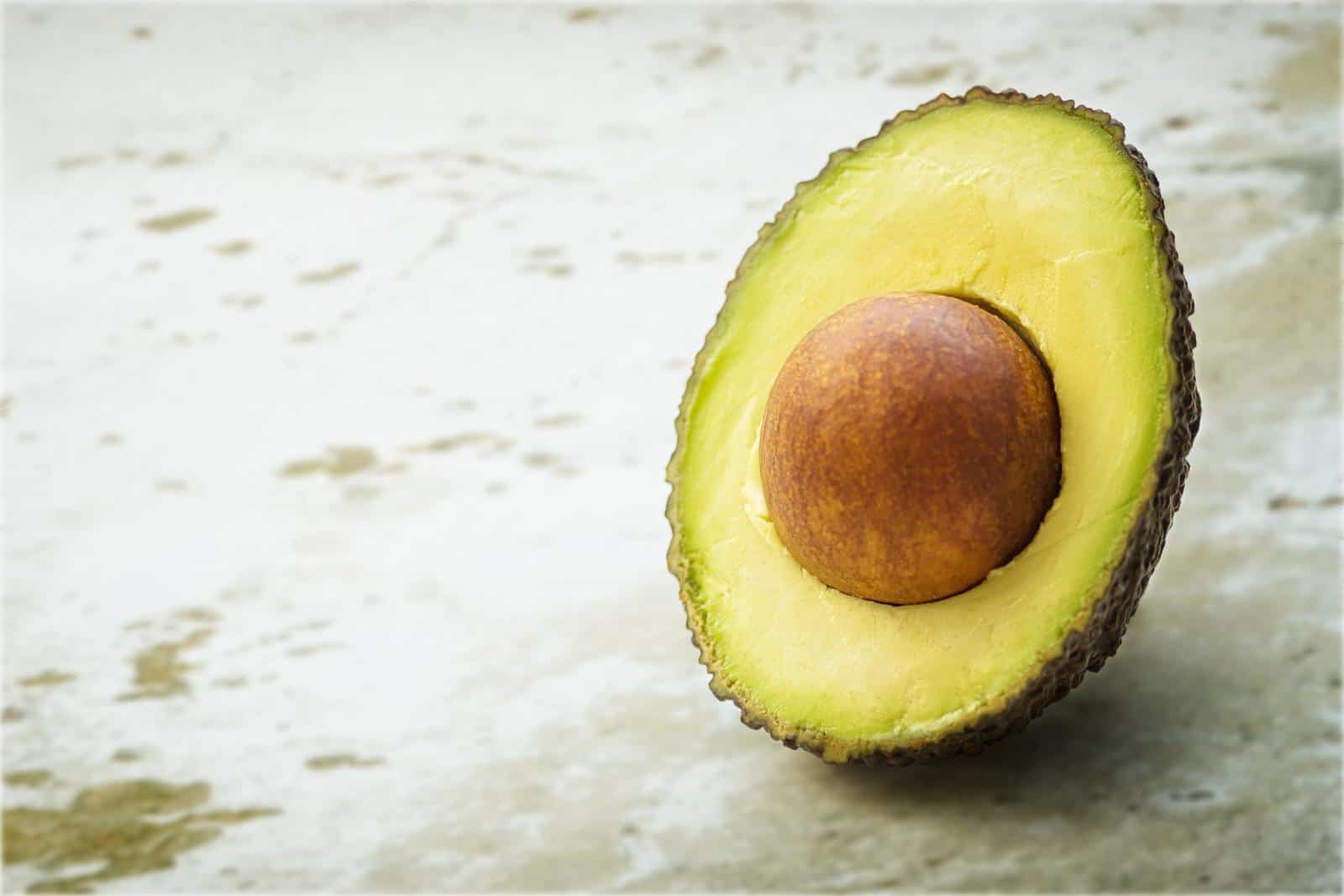
Well, the thing is pretty hard, so no use biting into it. This led me down the path of researching how I could prepare it so I could eat it. Searching around the web on the best way to use the pit inevitably produced a lot of information I initially didn’t even consider.
The stuff I read told me to watch the temperature – can’t do too hot for too long or I’d lose precious antioxidants. Then more and more nutrition details came up and I was properly derailed from my initial quest to find a way to eat this thing into researching if it was even worth the trouble and, more importantly, whether it was even safe to eat an avocado seed or not.
Table of Contents
Is it safe to eat an avocado seed?
the Short Answer
The jury is still out on the question of whether avocado seeds are beneficial or harmful. The research done so far suggests that there are indeed beneficial chemical compounds contained within the seed, but also that the consumption of a (much) higher dose could potentially be dangerous.
One thing to keep in mind is that none of the research has been conducted on human subjects. However, there are known communities in which the ground-up seed has been used in local cuisine for quite some time and no obvious adverse effect has yet been confirmed. With all that being said, the answer is essential – proceed at your own risk.
The (Slightly) Longer Answer
The Nutrition
The avocado seed comprises between 13% and 18% of the fruit. Since this is a fairly large portion of the fruit, some research has been done into the nutritional value of it (many of them about the nutritional value of the fruit itself). The research is nevertheless somewhat limited. We know that it contains fatty acids, some dietary fiber, some carbohydrates and a small portion of protein.
What most people are after, however, are the antioxidants found inside the avocado seed. Antioxidants are produced by animals and plants in order to limit the oxidation process of their own cells, which would lead to the production of free radicals that damage the organism’s cells if left unchecked. The theory behind consuming dietary antioxidants is that they will have a similar effect on humans. There are some problems with that.
First: the antioxidants decay under high temperatures. Since you have to basically bake the seeds before you can consume them, you can’t preserve these compounds. So that’s a wash.
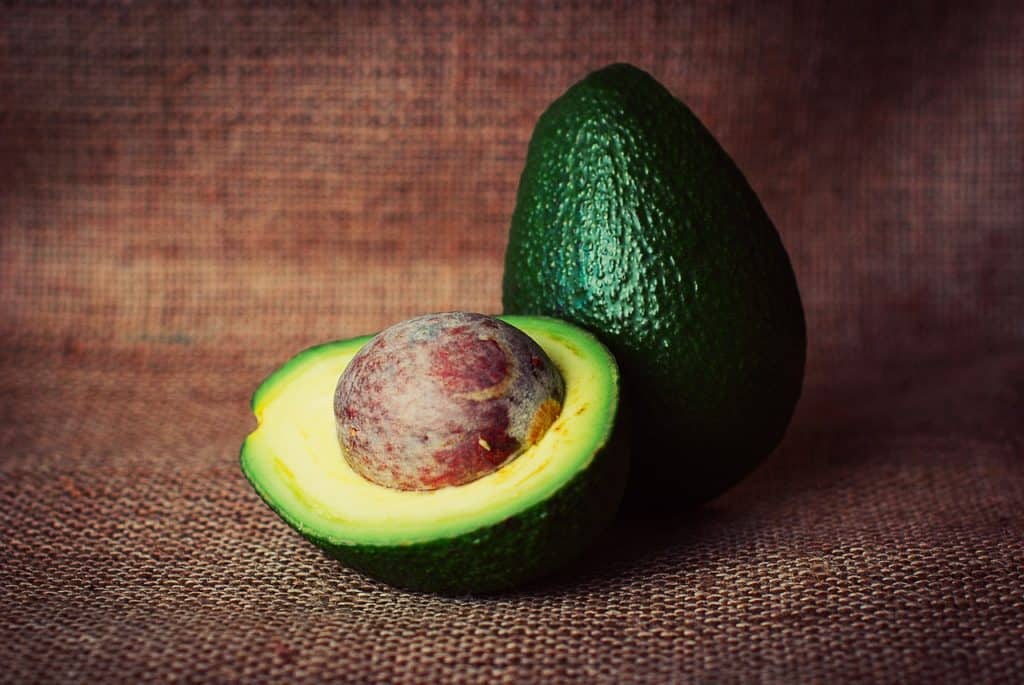
Second: antioxidants aren’t scientifically proven to have any effect on your health. So be careful if you take antioxidant supplements that you’re not actually interfering with the effectiveness of some other medication you might be taking; and also, that you don’t fall for snake oil sales pitches.
In some studies, done on animals, compounds within the seed were found to have antibacterial and antifungal effects. While this is another potential benefit for the health of your digestive tract, keep in mind that this has not been tested on humans, and the long-term effects are especially uncertain.
Finally, the majority of the carbohydrates within the seed are starch. In practice, this means that you can ground the seed into a flower.
The Potential Benefits
There are some very promising properties of avocado seed extract that have been found in several studies conducted on animals. These range from reducing cholesterol and easing blood pressure to potentially being helpful in fighting diabetes.
The caveat is that most of these studies used avocado seed extract, and even more importantly — used it on animals. This means that all of those findings should be taken with a grain of salt, since we don’t have the means to produce avocado seed extract at home, nor do we know whether it would interact with a human organism as it did with an animal.
The previously mentioned avocado seed flour has been proven to reduce cholesterol in mice. This includes both LDL (low-density lipoprotein, “bad cholesterol”) and HDL (high-density lipoprotein, “good cholesterol”).
One study found that avocado seed extract reduced blood sugar levels in diabetic rats, comparable to a pharmaceutical drug used for the treatment of type 2 diabetes. The summary of the study says the following:
“The results showed that the extract possessed a significant hypoglycaemic (P < 0.05) effect and reversed the histopathological damage that occurred in alloxan-induced diabetic rats, comparable to the effects [of] glibenclamide. The seeds of P. americana also had anti-diabetic and protective effects on some rat tissues such as the pancreas, kidneys, and liver.”
Some studies have found avocado seed extract to relax blood vessels in animals, which might be beneficial in reducing blood pressure.
As mentioned in the previous section, avocado seed extract did show some antifungal and antibacterial properties. The compounds essentially eliminated fungi and bacteria inside the digestion tract of the animals. Those fungi and bacteria can potentially cause problems in digestion for humans as well as for animals.
The takeaway from the potential benefits is contained within the title of the section. There are benefits to be had, but they are all just potential. We still don’t have any conclusive evidence that would have to come from studies that used actual ground-up avocado seeds and were conducted on human test subjects. Until then we can just say that there is a good reason to believe that avocado seeds might be beneficial to your health.
The Potential Dangers
Avocado seeds contain trypsin inhibitors and cyanogenic glycosides. If you have no idea what those things are, you are not alone my friend.
I did a little digging and found out that trypsin is an enzyme that is essential in protein digestion, therefore trypsin inhibitors are compounds that reduce your body’s ability to maintain existing tissue and create new ones – such as muscles, for example. Fortunately, trypsin inhibitors break down under high temperatures. Therefore, treatment with high heat should theoretically eliminate this concern.
Cyanogenic glycosides are a lot scarier. If the name seems familiar it’s probably because you heard about cyanide. The infamous toxin finds its source in this compound.
The cyanide gets released during hydrolysis. What this means is that chewing or crushing the plant might actually release cyanide. While the high-temperature treatment and other processing methods have been shown to reduce the risk of cyanide poisoning, it’s still something to keep in mind.
One study involved mice consuming 500mg of avocado seed extract per kg of body mass. All the mice that ingested this amount or more died within 24 hours.
In another study, it has been shown that avocado seed extract increased enzyme and fat buildup in the livers of rats.
As with the potential benefits, none of these dangers are absolutely certain to affect you. No testing was done on humans and certainly, no long term studies exist on this very specific topic.
It might be that through the preparation of the seeds the more damaging compounds can be eliminated before ingestion, but, as with all things, it might be better to err on the side of safety.
A Conclusion
All of the beneficial nutrients that you would find inside an avocado seed you will find inside the fruit as well. Additionally, we are absolutely certain that avocado contains no harmful chemical compounds.
What follows from this is that the only reason you might be tempted to eat an avocado seed itself is that you want to make use of the whole fruit. That’s a noble intention, to be sure, but consider the following.
Nothing about the health effects of long-time avocado seed consumption is known for certain as of yet. There is no strong empirical evidence to confirm either incredible health benefits or terrible dangers.
What we have so far is a collection of good hunches about some pretty common nutrients and a few troubling accounts about potentially dangerous chemicals inside of it.
In the end, it is entirely your decision whether to eat it or not. If I had to give you my two cents on the matter I’d say better chuck that bad boy into some soil and try to get it to grow in your backyard. That way you’ll have a nice clean source of avocado in a few years at most.
At least until there’s enough evidence that eating avocado seeds poses absolutely no danger to you. I hope that this short article on the nutrition behind avocado seeds can help you come to your own conclusion, or at least point you in the direction of further research into the topic. Whether you decide to add crushed up avocado seed to your smoothie or just stick to the fleshy bits, all I can say is bon appétit!

